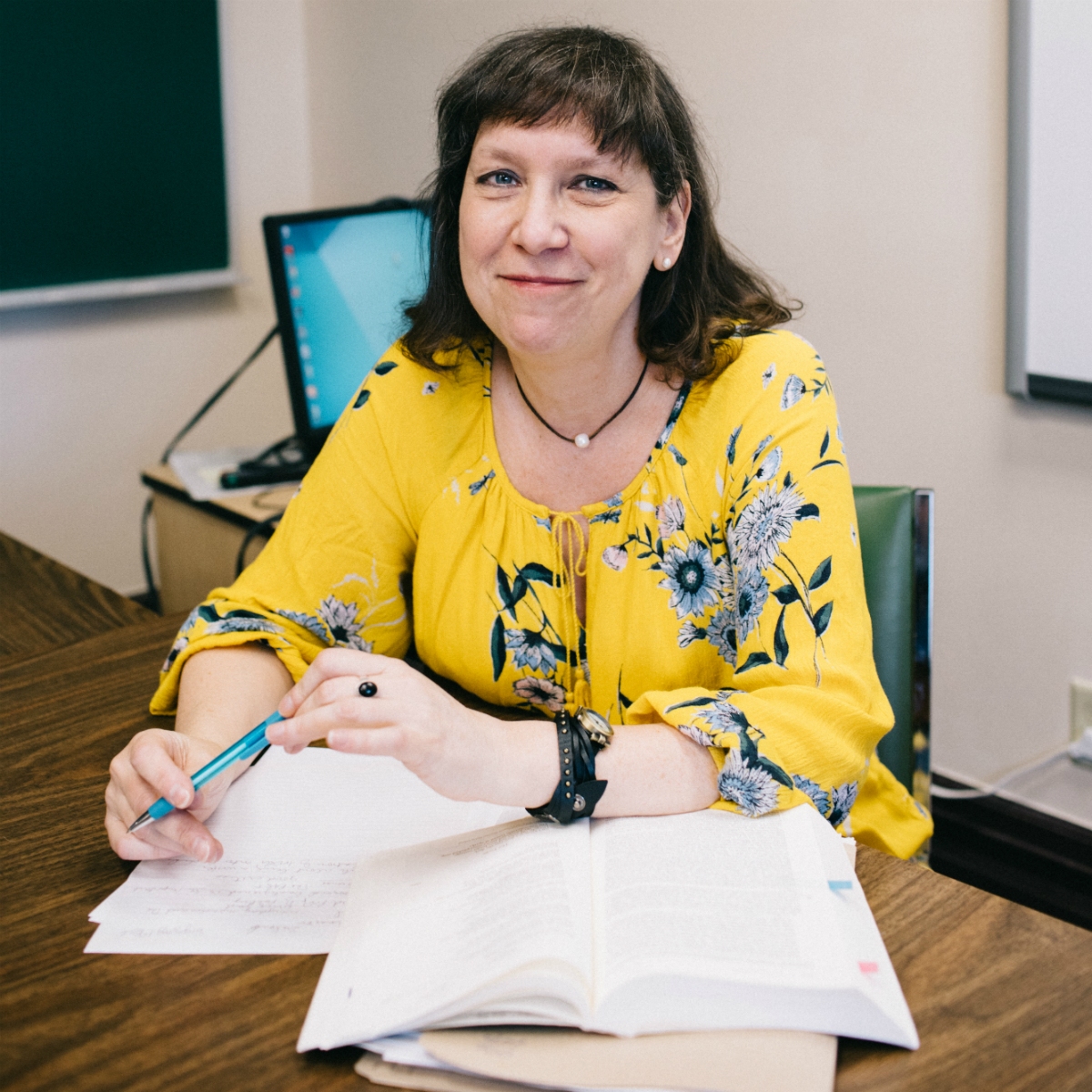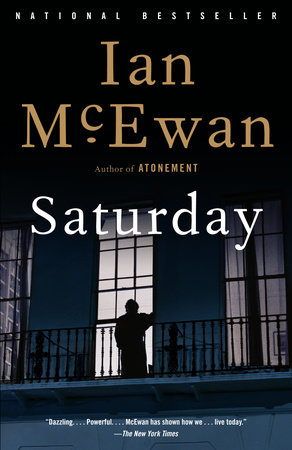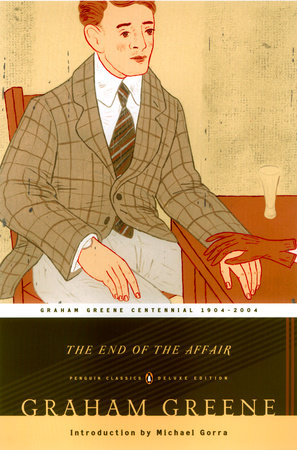News and Releases

Stories
Fiction you don’t have to fear: suggestions for reading in a pandemic
Monday, May 4, 2020 @ 9:35 AM | Stories
 Dr. Sue Sorensen, Associate Professor of English, has taught at CMU since 2005
Dr. Sue Sorensen, Associate Professor of English, has taught at CMU since 2005
by Sue Sorensen
In this strange time...
Are you tired of hearing phrases like in this strange time? Me too. Still, in this strange time, while looking at stacks of books I've been longing to get at, I can't help but feel conflicted. I'm not surprised at my thorny relationship with reading in a difficult time: I've been here before. One of several difficult reading experiences occurred during chemotherapy two years ago. I had all this time on my hands, but what books could I handle? (I started by reading again all the Narnia books and then the Harry Potter series.)
I was comforted this week while looking through (not reading the whole thing! too difficult!) Elaine Showalter's 2003 book Teaching Literature. Showalter is a leading figure in literary academia, but when she asked her similarly eminent professor friends what they could read after 9/11, many "could not read anything except newspapers, email, and magazines. No one who did read a book was reading fiction." In a chapter called "Teaching Literature in Dark Times," Showalter noted that at that unsettling historical moment, English professors (if they could read at all) were reading travel books, household repair manuals, the Bible, Buddhist self-help books, a little poetry.
Our current situation isn't exactly the same as that, and I have been able to read during quarantine, although in a variable, hiccupping manner. But there are lots of things I can't read. So: why not simply read breezy, light fiction? The dilemma of reading escapist books, for me, is that they are the equivalent of eating too many Cheetos or Reese's Peanut Butter Cups (I've done both of these lately). That kind of thing isn't sustaining. After a while I feel uncomfortable. On the other hand, this is likely not the time to tackle epic, challenging books. Our concentration powers are imperfect, to put it mildly. We're worried.
One conundrum I feel keenly is this: the best kind of reading pushes and persuades me to contemplate my own life—and while usually this is a desirable move, right now it's dangerous. It's currently not a good idea to scrutinize my personality or situation too closely.
The books that are working for me are somewhere between entertaining and smart; they're thoughtful and they illuminate our current situation—but not too intensely, if you know what I mean.
(Before I provide my list, can I put in a word for independent Canadian bookstores? They deliver. I have checked, and the titles below are available from local used book stores Nerman's and Bison Books, from Whodunit Mystery Books, and of course McNally Robinson. Phone or check their websites.)
John le Carré, Agent Running in the Field (2019)

The latest thriller from the greatest living spy novelist is both relevant and cleverly distracting. Le Carré, now an astonishing 88 years old, book by book becomes more outraged at political idiocy and heartless profit-driven systems. A sense of infuriated idealism powers his espionage plots; his writing snaps with personality. In recent novels le Carré has left the world of spies to explore high crimes in international banking and big pharma. But with Agent Running in the Field energy has returned to the classic British/Russian espionage scene. There are enough good-hearted, if weary, honourable people in le Carré's fiction that you emerge from the always-complicated schemes with your belief in human virtue not absolutely battered.
Jessica Grant, Come, Thou Tortoise (2009)

Newfoundland writer Jessica Grant is a bit of a mystery. This is her only novel, published to acclaim over ten years ago. Come, Thou Tortoise is a complete delight—smart, quirky, and partly narrated by a tortoise named Winnifred. The characters are eccentric but tenderly presented. The protagonist, Audrey, has three fire alarms in her flat: "One for curtain fires. One for ice cream fires. One for castle fires." In the first chapter she rushes home to St. John's because her father has received a severe blow from a Christmas tree sticking out of a truck. Audrey speaks with a pained, clever innocence and a lot of quirky wordplay. It's hard to describe this novel, but I've been telling people for years just to read it. It's moving, odd, and intensely enjoyable. This title may be tricky to track down in Winnipeg right now, but order it up. Please.
Kenneth Oppel, Airborn (2004)

Kenneth Oppel is one of Canada's most prolific and celebrated writers for young adults. But no so-called grown-up should be uncomfortable about reading this lively, poised, charmingly imagined book, the first in the Airborn trilogy (the other books are Skybreaker and Starclimber). The setting for this vivid alternative-reality tale is a luxury passenger airship, a (successful) Titanic of the sky. Oppel's style in this series has been labelled "steampunk" and there's something to that—there's a fascination with history of the recent past which is somehow twisted only slightly. The characters are both otherworldly and recognizable. There's gadgetry and fanciful adventure here, but the beating heart of things belongs to the two brave teens—Matt and Kate—who have heroic escapades with pirates and mysterious "cloud cats." You won't regret reading this enchanting book.
Ian McEwan, Saturday (2005)

McEwan's novels are like Margaret Atwood's in that you can't generalize about their theme and impact. Every book is singular, and some of McEwan's novels (like some of Atwood's) are edgy and dark. Saturday, however, is one of my favourite books because (although its plot converges on a family's lockdown with a knife-wielding criminal) it is one of the best books I have ever read about love of family, trust in the common good, marital desire, and—a bonus for English professors – the redemptive qualities of literature. The novel is tightly set in the course of one day; McEwan's main character, neurosurgeon Henry Perowne, is exquisitely attuned to detail. Perowne is so precise and perceptive that his descriptions of a squash game and the making of a fish stew (which go on for pages) are as riveting as the crisis faced (and humanely averted) at the climax. Saturday is beautifully written and profoundly aware of our world's violence and wondrous possibility.
Graham Greene, The End of the Affair (1951)

As readers, we can benefit from encounters in fiction with people undergoing something like what we're experiencing—although I think such encounters need to be spaced out, rather like our spacing in a grocery store line-up. While McEwan's Saturday does contain a small element of the claustrophobic helplessness some of us are feeling during the COVID-19 pandemic, on my list of recommendations the only book with strong elements of our current predicament is Graham Greene's novel of wartime London, The End of the Affair. The novel's pivotal scene takes place during a blackout in the 1940-41 Blitz. A bomb falls on the house where a writer, Bendrix, is meeting illicitly with a married woman whom he loves; when he appears to have been killed in the blast, the woman, Sarah, prays for his survival. Importantly, she makes promises to God which baffle the cynical Bendrix and end their affair. Greene provides a helpfully realistic portrayal of getting on with life in a shattered city, dealing with shortages and the unknowability of the future. Even more intriguingly, The End of the Affair warily and intelligently asks us to think about divine intervention, sin and forgiveness, and what faithful relationships with God can truly look like in the face of disaster.
KEYWORDS: Sue Sorensen

 Print This Article
Print This Article